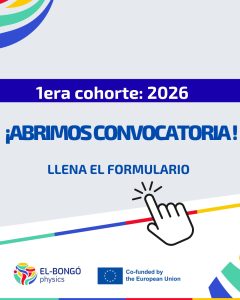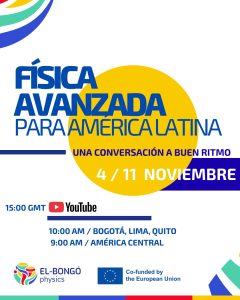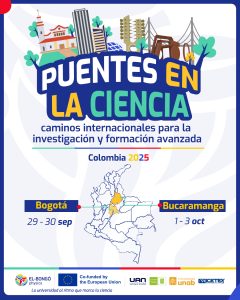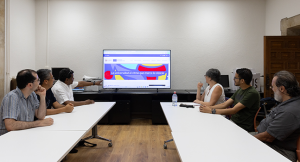EL-BONGÓ physics
EL-BONGÓ physics (E-Latin America Digital huB for OpeN Growing cOmmunities in physics) is an Erasmus project that seeks to democratise physics education and research for the university population of Latin America. The main effort is focused on the digital transformation of higher education in Latin America, from the creation of virtual communities of scientific training, with a collaborative logic, open science and strengthening of practical skills in digital fabrication.
The project covers four strategic areas: High-Energy Physics; Astroparticles and Multimessengers; Geophysics; Artificial Intelligence and Computational Physics.

Axes of the project
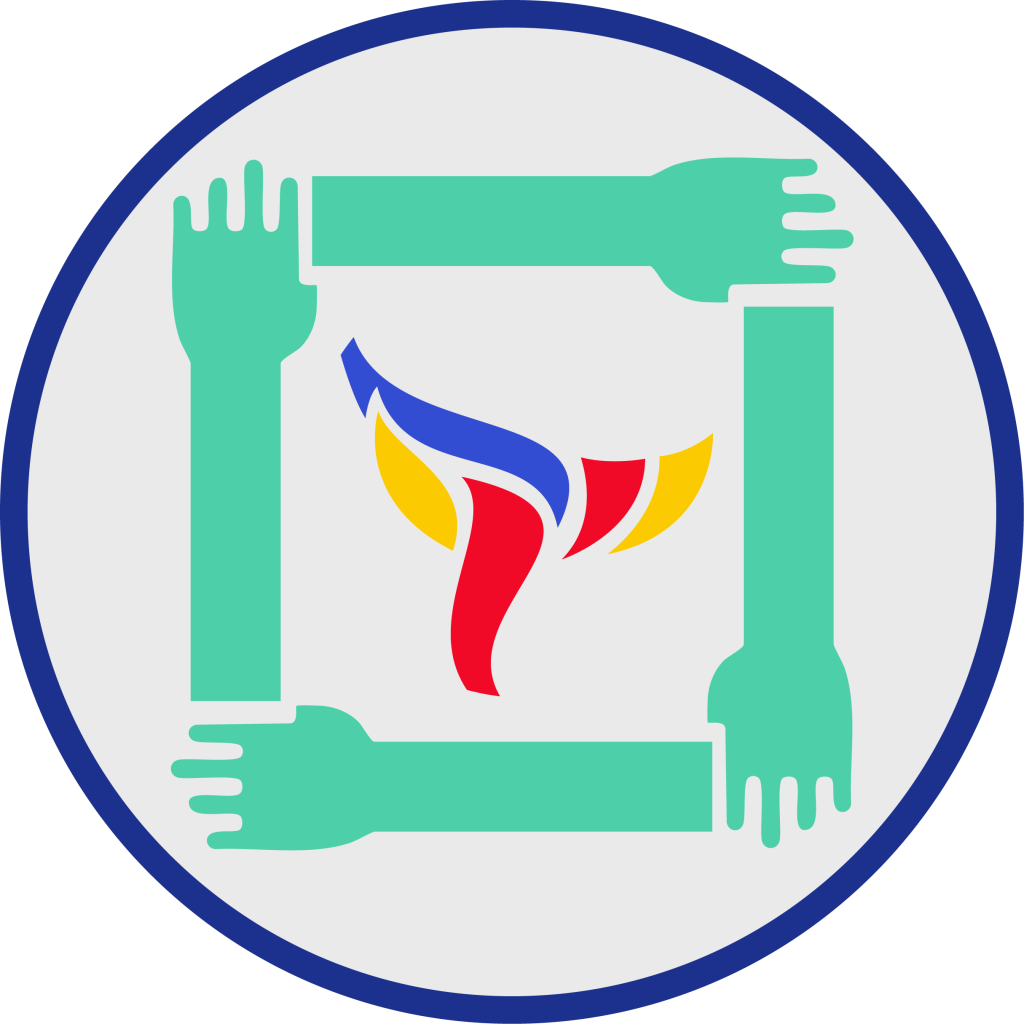
Communities
We align research and teaching interests in the areas of High-Energy Physics; Astroparticles and Multimessengers; Geophysics; Artificial Intelligence and Computational Physics. We build an inter-institutional network for the internationalisation of universities.

International training
We designed common training modules, aligned with various master’s degrees in Latin America. Training axes: data science, scientific instrumentation and disciplinary components.

Open science
We propose learning designed in environments with open data and virtual laboratories. We seek our own manufacturing of scientific instruments. We open information to strengthen knowledge in Latin America.

Scientific training communities

Geophysics
The Geophysics community brings together institutions from Latin America and Europe to develop research and training in geosciences. It focuses on the work applied in seismology, volcanology and environmental geophysics.

Astroparticles and Multimessengers
This community seeks to strengthen the regional capacity in experimental and computational astriparticle physics through collaborative research, training and accessible technology.

HPC and AI
The High Performance and Artificial Intelligence Computing community aims to support education, research and practical applications in HPC and AI.

High Energy physics
This community promotes regional collaboration in the experimental and theoretical field, with emphasis on participation in important international experiences such as ATLAS, CMS, LHCb and DUNE.

News
- EL-BONGÓ Physics Opens Call for Participation in First CohortThe Erasmus initiative EL-BONGÓ Physics (E-Latin America Digital huB for OpeN Growing cOmmunities in physics) announces its call for applications from university students across Latin America who wish to join the first training cohort in Advanced Physics. This program is… Read more: EL-BONGÓ Physics Opens Call for Participation in First Cohort
- Advanced Physics for Latin America: a Conversation in Full SwingWith the promise of a conversation in full swing, the EL-BONGÓ physics project invites you to two remote sessions (November 4 and 11), which will offer an overview of the impact in Latin America of the areas of High Energy… Read more: Advanced Physics for Latin America: a Conversation in Full Swing
- Colombia to Host Meeting on the Internationalization of Higher EducationBetween September 29 and October 3, Colombia will host the International Meeting “Bridges in Science,” a space where fourteen universities from Latin America and Europe will come together to discuss topics related to the internationalization of research and advanced education.… Read more: Colombia to Host Meeting on the Internationalization of Higher Education
- The Path to FabLabs Begins: The First Equipment Has Arrived!The universities that are part of EL BONGÓ physics in Colombia, Ecuador, Peru, Venezuela, Guatemala, Honduras, and El Salvador now have their first electronic measurement equipment, marking the start of building a network of laboratories for the digital fabrication of… Read more: The Path to FabLabs Begins: The First Equipment Has Arrived!
- Colombia and Spain discuss details of upcoming Erasmus experience in Advanced Physics in SalamancaThe first cohort of EL BONGÓ physics will begin in the first quarter of 2026. On 3 July, the University of Salamanca hosted a meeting between representatives from Colombia and Spain to advance the implementation of the European project EL-BONGÓ… Read more: Colombia and Spain discuss details of upcoming Erasmus experience in Advanced Physics in Salamanca







